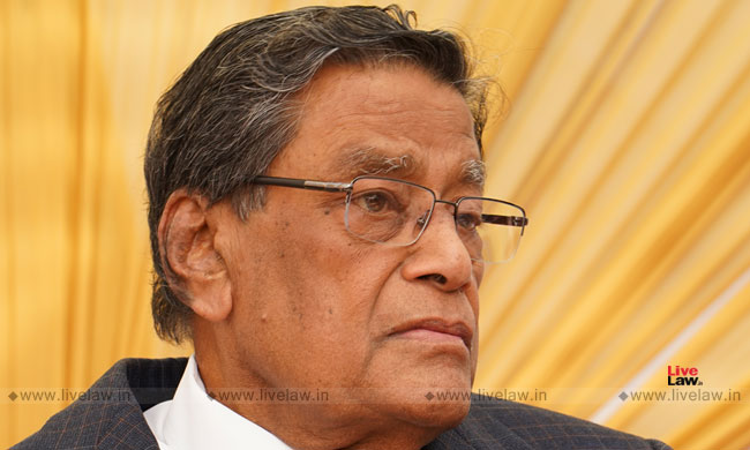The Supreme Court on Thursday passed an interim order that no coercive action should be taken against employers for failure to comply with the March 29 order of the Ministry of Home Affairs (MHA) for full payment of wages.The Court was hearing a batch of petitions challenging the March 29 Order of the Ministry of Home Affairs (MHA) issued directing employers to wages to their workers,...

